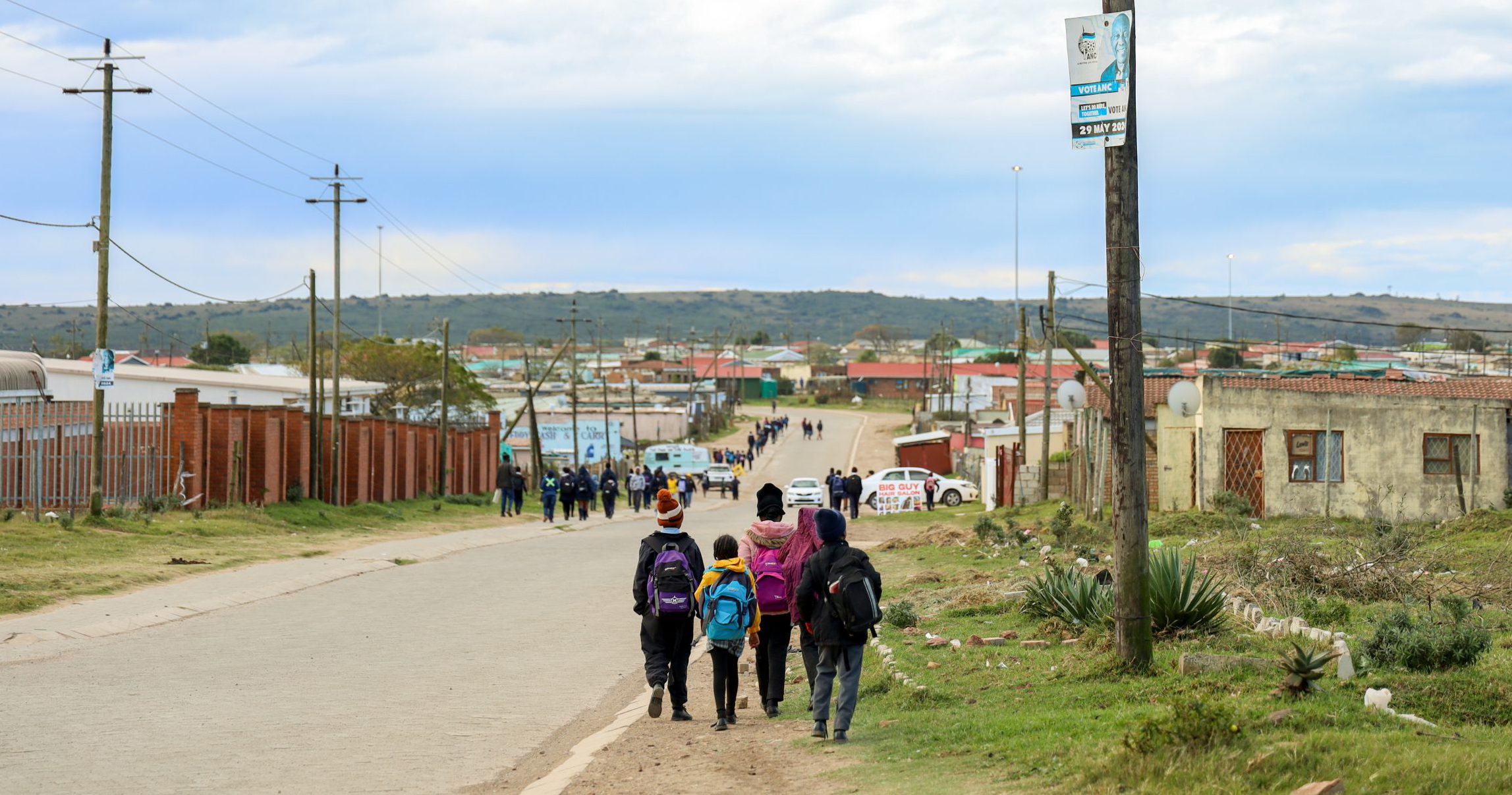By Henning Naude
Limise Gagayi is a local celebrity among children in the King Flats and Joza township areas of Makhanda.
She runs a local community non-profit programme called Meal After School, focusing on feeding and guiding underprivileged children in her home area. Limise has done impressive work over the last three years of the programme, and it all started with a few social media posts and the humble giving personality of one person.
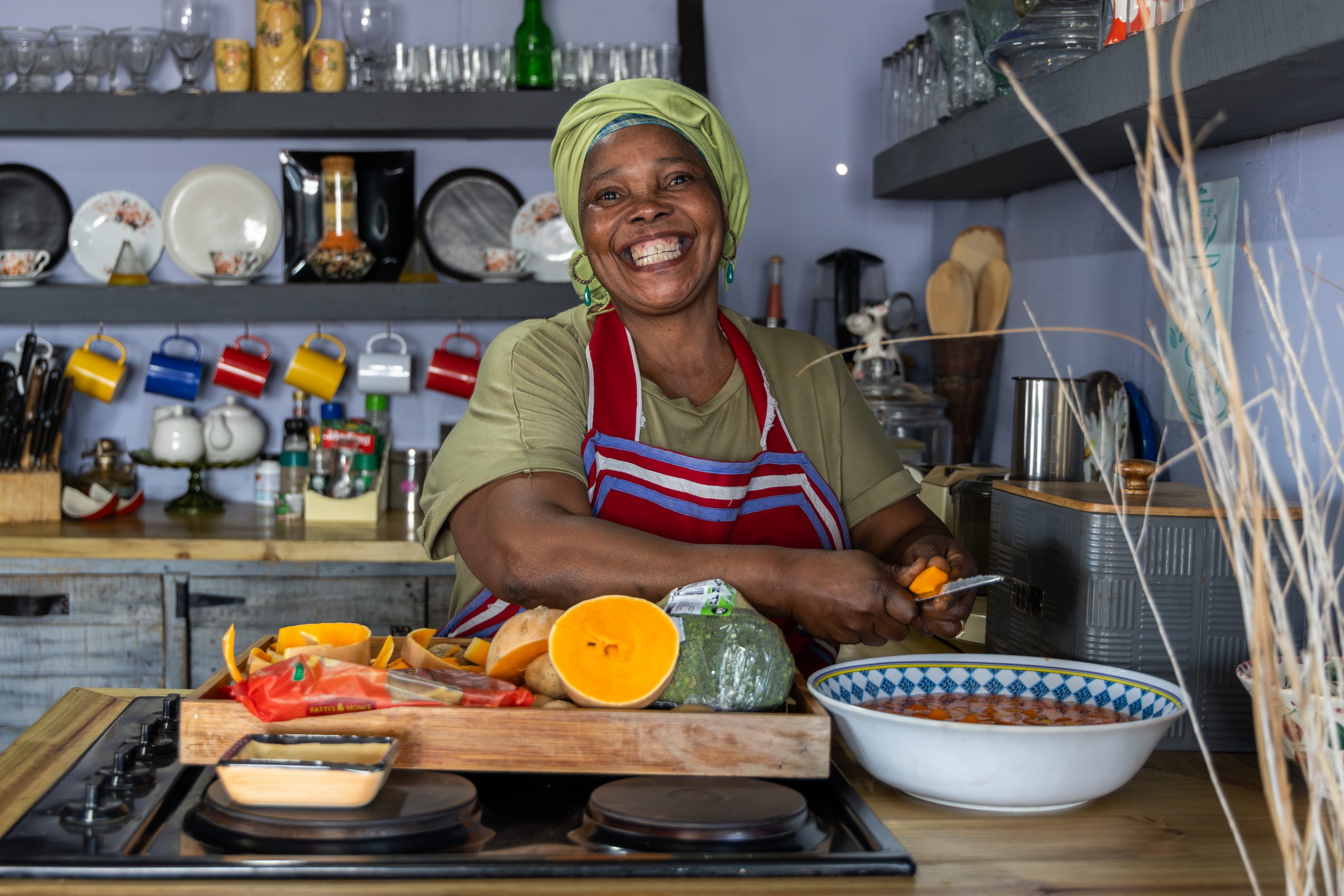
Limise ran a soup kitchen out of her home in 2020. Covid-19 had struck, leaving many unemployed and without basic needs, so she decided to help where she could. A large number of people relied on Limise for food on a daily basis. She kept it running for as long as possible, but eventually had to stop due to the overwhelming crowds needing food. Limise regrets that she could not help more people during that trying period, but sought to find other ways in which she could uplift the people around her. In 2022, Limise noticed multiple Facebook posts made by teachers and members of her community, complaining that children were not attending school. School attendance was not being regulated and children had no incentive to have good attendance records. She then decided to start Meal After School, to not only incentivise children to attend school, but to care for those whose parents cannot or do not provide the necessary nourishment and care for their children. Limise also started getting into contact with local schoolteachers to communicate with them about children’s attendance, academics and well-being.
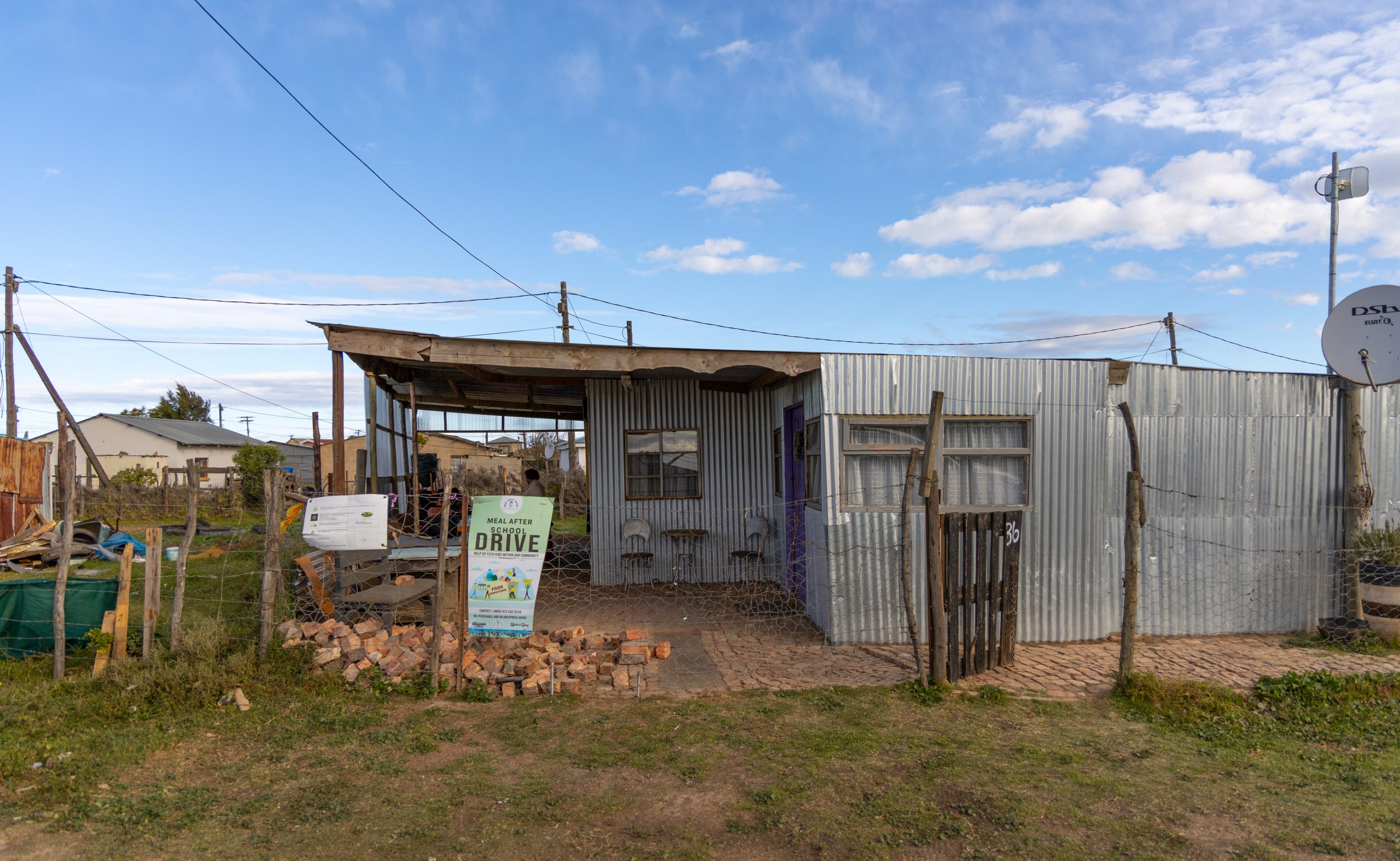
The project took off and Limise got hundreds of children attending within the first few weeks. Because Limise runs Meal After School almost completely by herself, she had to enforce rules for the children. The programme runs almost completely from donations from local churches and private individuals. She only allows children to attend if they are in uniform, and if they attended a full day of school. She then started grouping the children according to grade and gave every grade a certain day and time to attend Meal After School.
Since 2022, Limise has successfully run Meal After School, providing children with healthy, nutritious food and help with their academic progress.
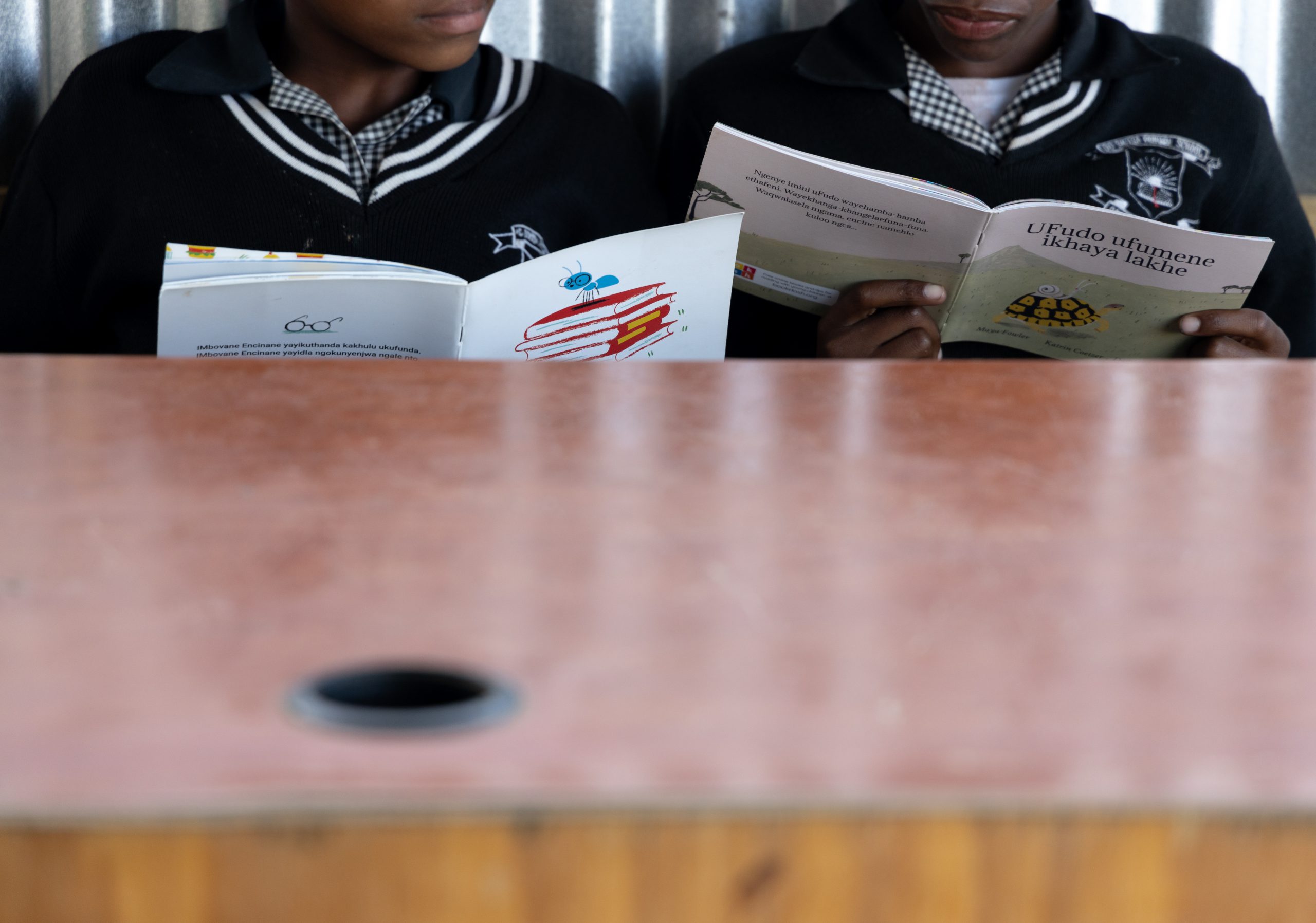
The Rhodes University Community Engagement (RUCE) has volunteered to tutor the children and help them with basic reading and writing skills. Limise has noted that a concerning number of younger children cannot yet read and write fluently, not even in their mother tongue. If tutors are not available to help her, Limise will hand out story books to the children to read together. She helps them with pronunciation and spelling in isiXhosa and English. Limise’s husband, Masi, also helps out with Meal After School. He is a carpenter and upholster and has helped fix up benches and chairs for the children to sit on. “Masi helps me a lot. Sometimes I am still working in town, so he has to start cooking or organising the children.”
Limise has seen a steady improvement in school attendance and academic performance by the learners who attend her programme. She hosts children from grades 3 to 12, also allowing those who need to study for exams to use her space to work and ask questions.
Limise receives a steady flow of donations on a weekly basis, but she struggles to make due on occasion. She hopes more institutions will reach out to help and for Meal After School to grow and thrive even after she is not involved. “I hope one day the learners who attended Meal After School will put back what they got from the programme by keeping it alive. I won’t be able to continue forever so I hope one of them will make it their mission to carry it on.” Limise regularly advertises her programme on social media sites and also documents what happens at Meal After School so that parents can see the positive impact it has, and that more people will come into contact to offer donations and their help.
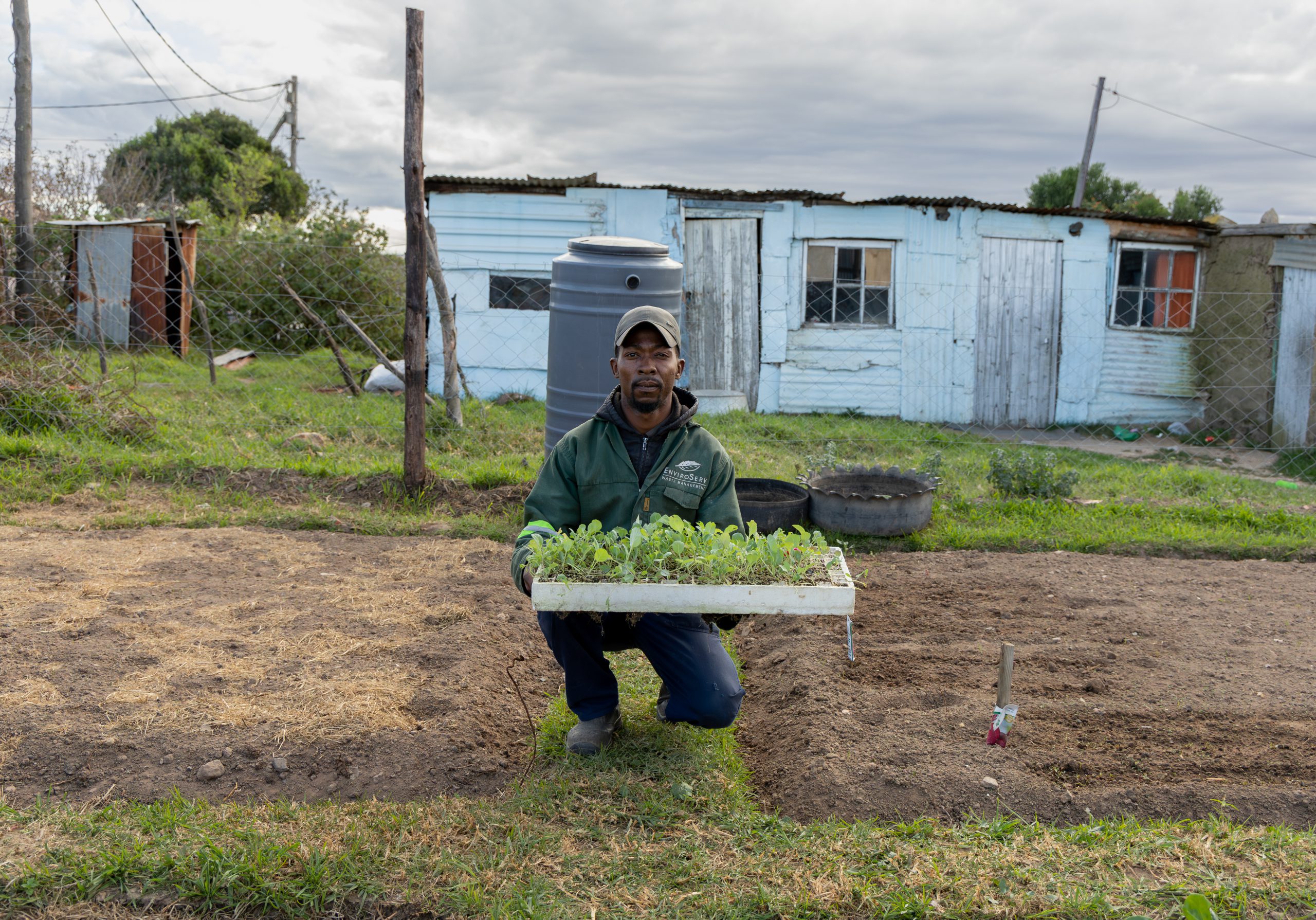
It is no secret that many South Africans suffer because of poor service delivery, poor infrastructure and lack of maintenance. For those who live in underprivileged areas, this notion is by far more relevant. People like Limise are what’s keeping many communities afloat. Lots of private individuals have taken it upon themselves to do what the state cannot. Private companies fixing roads, putting up solar electricity and feeding hungry schoolchildren are all part of the actions the people of South Africa have had to take to keep living.


